Incluvie Foundation Gala - Learn More



Midsommar (2019)


Incluvie Related Articles
'Don't Worry Darling' Review: 'Get Out' But For White Women
September 28, 2022That was the longest Black Mirror episode ever.
Don’t Worry Darling’s media circus was definitely attention-getting, drawing in everyone online like moths to a flame. However, the movie itself isn’t quite as engaging. Don't Worry Darling follows 1950s housewife Alice (Florence Pugh) as she discovers that her perfect world and her perfect husband, Jack (Harry Styles), aren’t what they seem. The highlights of this film were the big twist reveal and the performances from Florence Pugh, Chris Pine, and Gemma Chan. The coloring is bright and eye-catching, as are the costumes and makeup. The idea at the heart of the screenplay is strong, but the writing and directing falter in executing it. And while the other actors give amazing performances, it becomes increasingly clear over the course of the movie that Harry Styles can’t pull his weight. Spoilers ahead.
Let’s get into the Harry Styles dilemma first, since he is undoubtedly one of the biggest selling points for this movie. Styles, unfortunately, flounders in a sea of A-list actors. In the first half of the movie, he does well playing the charismatic husband. But it’s the moments when the reality’s cracks begin to show, when the true darker nature of the real “Jack” is supposed to be slipping through, that he fails to deliver the nuances the character requires. Maybe if he had been acting opposite actors more of his caliber, but the thing is, he’s not. Styles is thrown in the deep end, surrounded by stars whose acting talent totally outshines him, making his performance come off worse while you’re watching than it may actually be.
At one point in my theater, we all began to laugh at him. For what, exactly, I can’t say. It happened when he’s screaming in the car after Alice has been taken, one of the most emotionally intense scenes in the movie (or at least, it’s supposed to be). And yet, there’s something about Styles that makes his attempts at acting out any darker emotion beyond basic lighthearted charm in vain.
What More is There to Say about ‘Squid Game’ ?
October 17, 2021Subject matter contains sexuality and violence, as will be discussed below. This article contains spoilers.
There is absolutely no question that ‘Squid Game’ is a cultural reset, taking the familiar storyline of a deadly game to new heights. But what sets this show apart from these thrillers, or any Netflix original series? Aside from its top-notch storytelling and characters- I want to delve into these stand-out attributes that elevate this already intriguing narrative.
Obviously, this series is masterfully executed (no pun intended), down to every last detail. With large-scale sets built on lots for the actors to get lost in, The visual components of 'Squid Game' did a lot of heavy-lifting as emotional conveyors throughout the episodes.
When you think about life or death situations in the form of a game, your mind may take you to visual cues such as these:
Reclaiming Her Body: "Jennifer’s Body" & Why We Need Diverse Storytellers
May 17, 2021TW: Sexual Assault & Misogny // Spoilers Ahead
The height of subversive horror cinema is Jennifer’s Body. No, I will never budge on that. Yes, Cabin in The Woods is funny, Scream is very well made, and the Scary Movie franchise is …. there. But nothing is quite as satisfying as watching the teenage succubus that is Jennifer Check rip apart boys. In the post #metoo era where the industry is far from changed, watching revenge flicks like these is probably one of the most cathartic experiences due to the slow-moving progress being made. This 2009 film was so far ahead of its time and continues to be the ultimate metaphor, both on and off the screen, for revenge against misogynistic Hollywood. Megan Fox, the perfect casting choice, leads the film as Jennifer — whose body she reclaims power over after an assault by using it to seduce the men in the small town of Devil’s Kettle to their deaths. She feeds on their frightened, vulnerable (and rather unintelligent) souls and sustains her good looks through this. Her best friend, Needy Lesnicki (Amanda Seyfried), is caught in between her moral reservations about her BFF’s murder spree and grappling with her own “loyalty” toward Jennifer (hint: it's not just gal-pal platonic-ness). The film examines so many themes concerning romantic leanings in female “friendships,” sexual assault, and female empowerment all without falling victim to the male gaze or objectifying its stars. At its core, it's a fulfilling tale of revenge upon the perpetrators of misogyny and about young women finding their own justice in a world that is aimed against them.
The cast and crew being primarily made up of women is one of the reasons the film feels much more authentic and less exploitative than other revenge films such as I Spit On Your Grave. Director Karyn Kusama takes so much care in keeping the film from turning into torture porn (like the previously mentioned film) and instead focuses on the evolution of Jennifer and Needy. Needy goes through the classic She’s All That nerdy-to-cute transformation but also learns how to stand up for herself and use the succubus powers she later receives for good. Even Jennifer changes to the audience from seemingly together it-girl to the revealed abusive, power-hungry friend that she’s been all along — now heightened in her new supernatural form. Essentially, these women are given complexity that does not revolve around retaining their femininity. It’s about survival and testing the bounds of their tumultuous but co-dependent relationship. Standard horror films with female protagonists, usually written by men, make women’s unhinged struggles revolve around puberty and/or a need for male validation. This allegory examines a nuanced struggle in female friendships that can often lead to toxic codependency and the blurring of romantic and platonic feelings. Jennifer’s Body is the perfect example of why more diverse voices are needed in horror to give some truth to the framework of metaphorical storytelling that is central to horror films (I’m looking at you Midsommar). I mean, can you imagine Get Out if Jordan Peele was white?
The Invitation (2015): Grief is on The Menu
April 23, 2021TW: Gore, Gun Violence, Cults // Spoilers Below
The Invitation takes a creeping look at two simple premises: reuniting with forgotten friends and new-age spiritualism. Though one seems a bit scarier than the other, the film heightens social awkwardness to a macabre level that puts an uncomfortable look on when the social taboo of grief is put on public display. The film follows Will (Logan Marshall-Green) who goes to a dinner party hosted by his ex-wife, whom no one in their circle has seen in two years. Surrounded by old friends of the once couple, her new equally spacey lover, and the trauma that haunts their former house (that she still resides in), Will doesn’t know if the new religion she has adopted during her stint in Mexico is something more sinister or if his cynicism of the present is catching up to him. Audiences find themselves snapped in and out of reality – so far into the unstable protagonist’s head that it’s hard to discern real life, memory, and fatal suspicion. In essence, it is a striking account of grief that director Karyn Kusama brings to life with her exceptional use of a singular location that is a claustrophobic, Los Angeles mansion and an almost entirely self-involved cast of characters.
Though sparser and more silent than her other work, The Invitation shows Kusama’s range with drama and horror beyond comedy and harsh action. The film is very reliant on the casual acting with quick moments of madness that confuse the viewer’s perception. Could this all be in Will’s imagination, or is it much more sinister, as suspected? Who is the pair of parents that he keeps thinking back to and the child with it? These questions and more run through your mind while the ensemble is as laid back as can be – playing games and getting drunk like teenagers at a house party. During this, grief is interspersed between the supposed “fun” and hits you in the face, as it does for Will, with flashbacks of his dead son and deceased marriage. In doing so, the film explores the overwhelming effects of being literally stuck in the place of what triggers you most. Also, it shows the battle to suppress this sadness when trying to put on a face of normality to avoid discomfort. While Will attempts to hide his grief and gets ostracized when it starts to show, his ex-wife, Eden’s (Tammy Blanchard) over embrace of pain is accepted because of her relaxed performance of it. Kusama uses reaction to exemplify what is deemed as comfortable and uncomfortable in terms of expressing our pain in society – even if it means one is more harmful than the other.
Pictures and Videos

Movie Information
Several friends travel to Sweden to study as anthropologists a summer festival that is held every ninety years in the remote hometown of one of them. What begins as a dream vacation in a place where the sun never sets, gradually turns into a dark nightmare as the mysterious inhabitants invite them to participate in their disturbing festive activities.
Cast

Ari Aster
Director

Ari Aster
Director

Florence Pugh
Dani

Jack Reynor
Christian
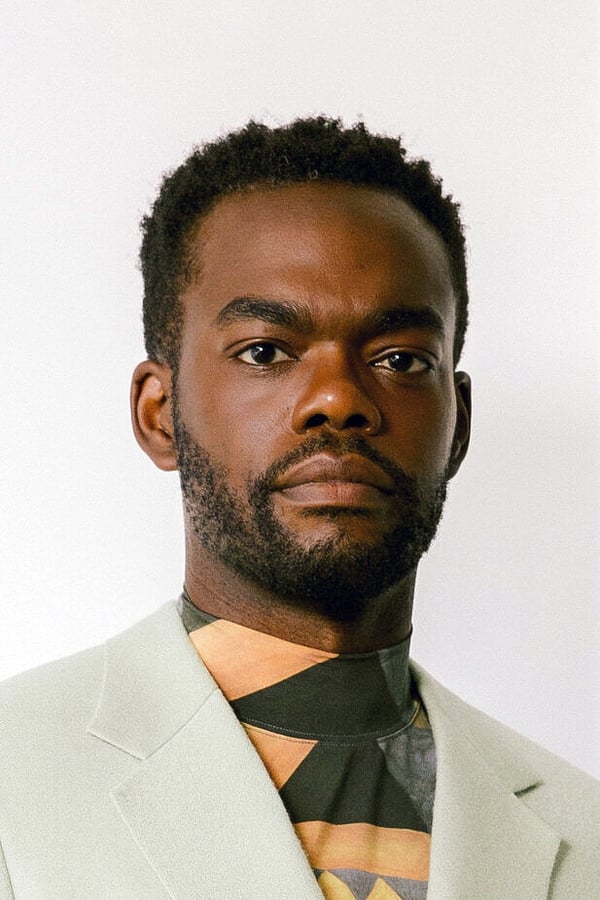
William Jackson Harper
Josh

Will Poulter
Mark
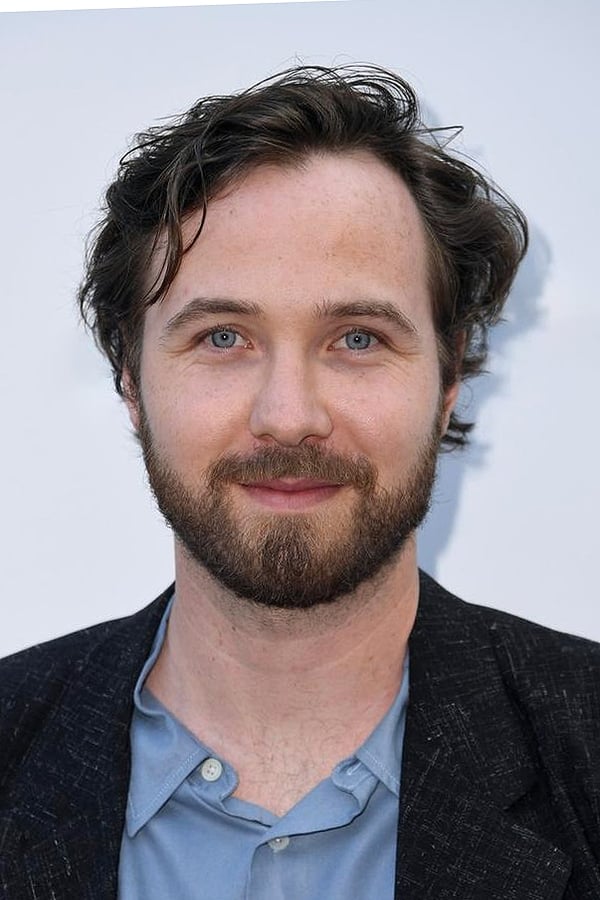
Vilhelm Blomgren
Pelle
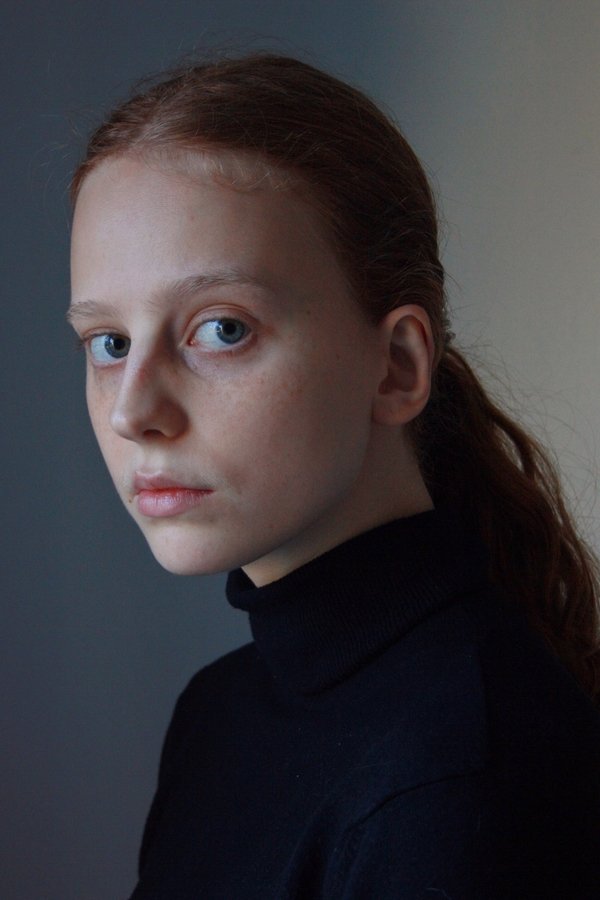
Isabelle Grill
Maja

Gunnel Fred
Siv

Ellora Torchia
Connie
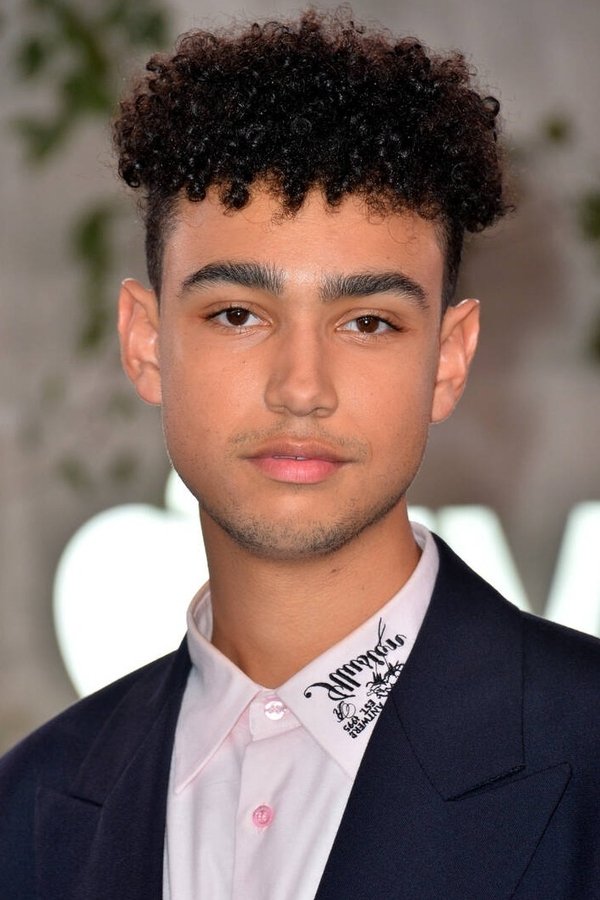
Archie Madekwe
Simon

Henrik Norlén
Ulf
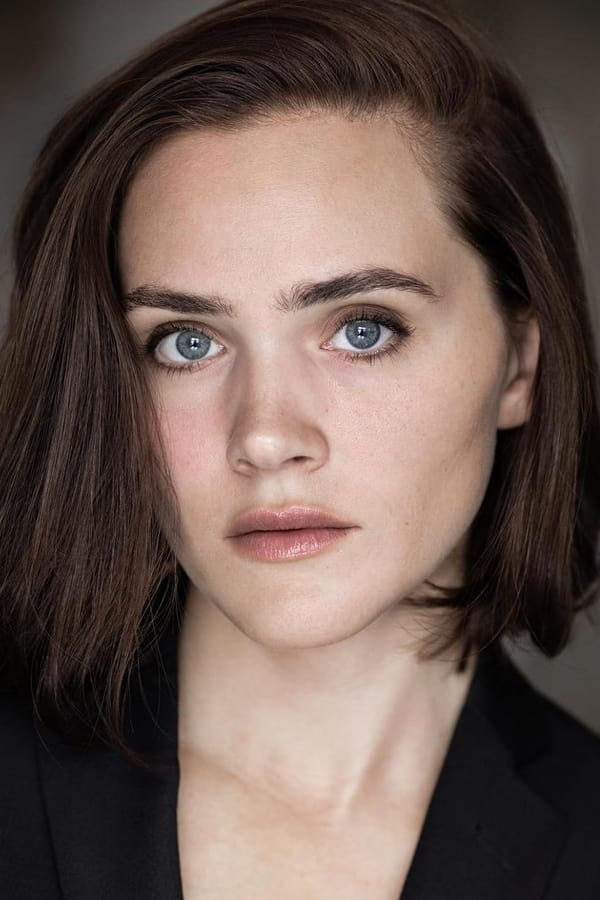
Agnes Westerlund Rase
Dagny
Articles You May Like
Disney's 'Godmothered' is Set at Midnight
Based on the fairy character from previous movies, this fantasy movie gives viewers magic.
'Stranger Things' Season 4 Volume 1 Review
Stranger Things season 4 ups the ante to the max! The show’s scope has been expanding for the past three seasons, and boy do they give us a spectacle to behold. As much as I love spectacle, this season occasionally buckles under the weight of its own ambition.



